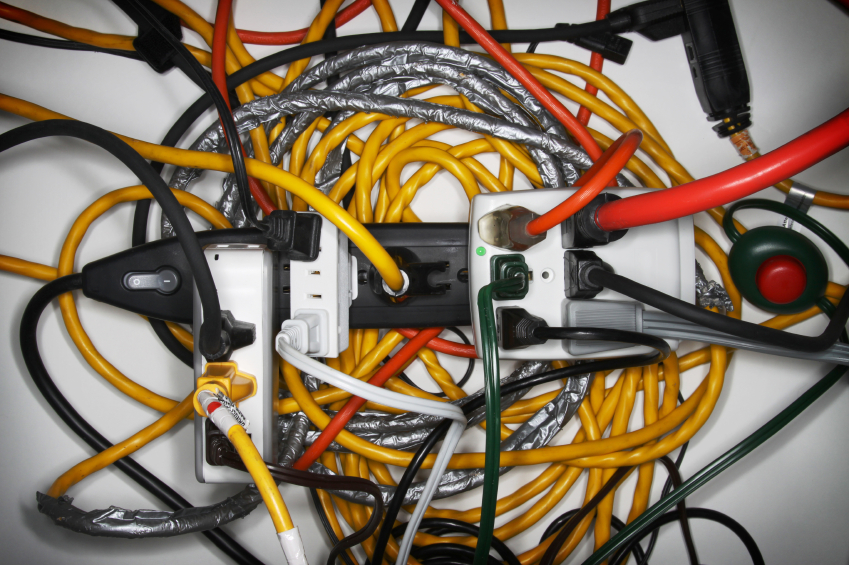The Administrator of National Judicial Institute, Honourable Justice R. P. I. Bozimo has implored judges of both the Federal and States High Courts to be proactive and expeditious in handling cases relating to electricity crimes, giving the decisive role the power sector plays in the nation’s socio-economic development.
The legal luminary made the assertion in Kaduna on Saturday while declaring open, a one day interaction/interface for Judges of both the Federal and states High Courts of North-western States titled “Enhanced power delivery by Kaduna/Kano electricity Distribution Companies: Jurisprudential challenges and panacea, organized by Kaduna and Kano Electricity Distribution Companies in collaboration with the National Judicial Institute.
Justice Bozimo identified “vandalism, energy theft and sometimes unauthorized access to electricity facilities as the common issues that pose threat to effective electricity distribution in the Country” and pledged “the readiness of the judiciary to sustain the partnership with the Discos and other critical stakeholders in order to stamp out acts that are capable of frustrating effective disposition of electricity-related cases”.
In a goodwill message, the immediate past Chief Judge of the Federal High Court, Justice Ibrahim N. Auta called for “concerted efforts by all stakeholders to discourage and punish perpetrators of vandalism of supply infrastructure and illegal connection, if stable power is to be guaranteed by the Distribution Companies.”
According to him, “destruction of power network stifles development and illegal connection undermines and compromises the commercial components of the liberalized power sector as codified in the Electric Power Sector Reform Act, ESPRA 2005. Our Judges are invited to note that power deficits are monumentally catastrophic to economic growth and poverty alleviation in Nigeria”.
An erstwhile Chairman of the Nigerian Electricity Regulatory Commission, Dr Sam Amadi who chaired one the sessions, identified “modelling challenges and the highly ambitious expectations of Nigerians” on the Power sector reform as some of the issues causing impatience among the populace. He called for more patience as the industry is just evolving and the participants are learning to play by the rules.
A University don and an Associate Professor of energy and Electricity law from University of Lagos, Dr Yemi Oke averred that the privatization of the power sector will open the floodgate of litigations arising from operational and regulatory conflicts, contractual disputes and rights infringements among participants in the electricity market, suggesting that the court in that circumstances will have to largely depend on what he referred to as “experts’ determination and experts’ guidance to fairly and justly determine such cases”.
In a paper titled “the role of the judiciary in resolving power sector disputes in Nigeria,” Dr. Oke submitted that both the Federal and States governments share concurrence power on matters relating to generation, transmission and distribution of electricity.
Earlier, the Managing Director/CEO of Kaduna Electric, Engr. Garba Haruna expressed serious indignation against vandalism, energy theft and other related electricity crimes and called for stiffer sanction against the perpetrators of the nefarious acts.
“We are happy to see that the judiciary is giving the much-needed attention to the menace of electricity theft and vandalism, contractual defaults including non-payment of bills by customers, unregistered consumers, unauthorized and illegal operators acting within our network, as well as fraudulent elements cheating unsuspecting customers,” he said.
The participants were unanimous in their call for greater synergy between the bench and the operators in the electricity value chain and the need for more decisive actions against electricity crimes, as well as long custodian penalty against perpetrators whose self-serving and unpatriotic acts have been inhibiting the much-needed development in the nation’s power sector.
The also emphasized the imperatives of having a strong and independent regulator devoid of interference from any outside force.







